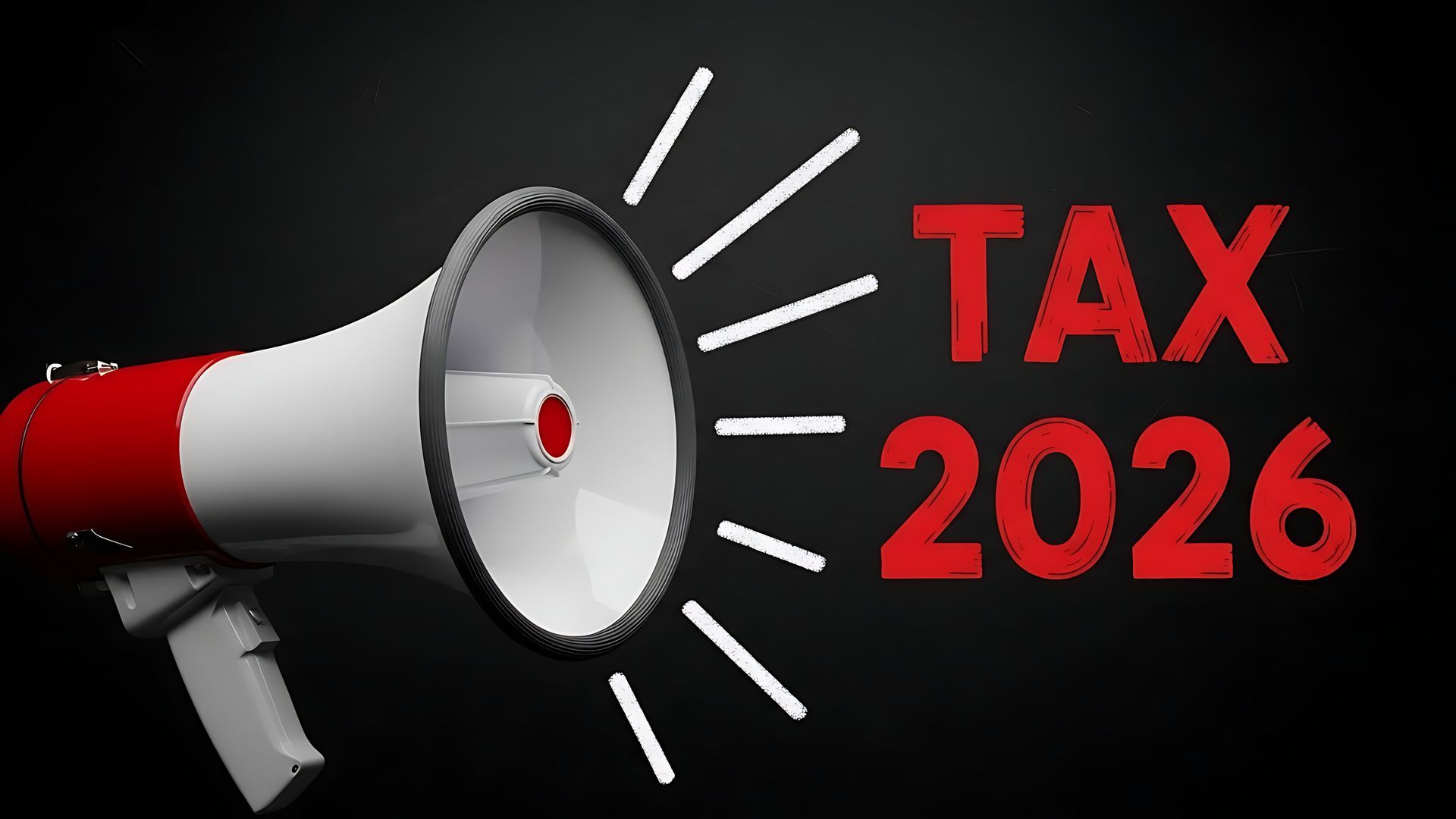What Impact Would Increased Capital Gains Taxes Have on 401(k)s?

What Are the Current Laws on 401(k) Taxes?
Currently a person’s 401(k) withdrawals are taxed at the owner’s current income tax rate as income. If you take out $45,000 a year, you will be taxed on the money as if you are earning $45,000 a year in income.
Owners who withdraw money before 59 and a half years old have to pay an additional 10 percent penalty, and people who are 70 and a half years old or older are legally required to make yearly withdrawals.
Roth 401(k)s are different because contributions to those accounts are after-tax dollars. In most cases withdrawals from a Roth 401(k) would not be taxed as long as the account owner making the withdrawals is 59 and a half years old and the account is at least five years old.
Money you put into a Roth IRA is not subject to capital gains taxes since those are after-tax dollars. You can put after-tax dollars into a self-directed Roth IRA and buy and sell equities like a normal investment account and keep any proceeds you make from sales tax-free up to your total contribution.
What that means is if you put $50,000 into a Roth IRA you can withdraw $50,000 tax free (if you follow the age rules). If you turned that $50,000 into $200,000 the other $150,000 of disbursements would be considered income unless you meet certain requirements (at which point the withdrawals become “qualified”).
If you wait until you’re 59 and a half and have had the Roth IRA for at least five years, it would be considered qualified for tax-free withdrawals. Other qualifying events include becoming disabled or using the money to buy your first home.
You can’t claim tax deductions for money you put into a Roth IRA, but contributions in a traditional 401(k) are deductible.
Even though 401(k) withdrawals are taxed as income, retirees generally pay lower taxes because most people are withdrawing less than what they made when they were working and are therefore in a lower tax bracket and pay a lower rate.
Retirement savings account disbursements are generally not subject to capital gains tax except in specific circumstances. For example, if someone was holding employer stock in a 401(k) and got net unrealized appreciation and growth above basis, that gain would be taxed as capital gains not income.
When Is Capital Gains Tax Different Than Regular Income Tax
If you’ve had the asset for more than a year and sell it for a profit it will be charged capital gains tax, not income tax, except for in qualified retirement accounts. Whether it’s an equity, a bond or your home, if you sold it for more than you paid for it and you owned it for at least a year and a day, you’d be charged the capital gains tax.
Capital gains tax rates are based on your income:
- $40,000 or less it’s $0
- $40,000 to $441,450 it’s 15 percent
- $441,451 or more it’s 20 percent
Those rates are still a lot lower than normal income tax rates for most brackets.
CARES Act Effects on 401(k)s, Roth IRAs and Taxes
The CARES Act, passed in response to the COVID-19 pandemic, allowed people to withdraw 401(k) dollars as a loan without the 10 percent penalty for early withdrawal as long as account owners meet economic hardship requirements (provision expired September 23, 2020). Those dollars are still treated as income though, so people who take the money out early will need to pay tax on it. The cap on CARES Act-allowed withdrawals is $100,000.
It should be noted that the tax burden can be spread over three years, which lowers the overall impact on people who may have had to withdraw from the 401(k) in an emergency situation.
During normal times, or if you don’t meet the CARES Act requirements, you will be charged a 10 percent penalty for withdrawals before you turn 59 and a half years old, on top of the normal federal and state income tax.
Interestingly, part of the CARES Act also allowed people over the age of 70 and a half to defer their yearly distribution requirements. If they already took mandatory disbursements, they may be able to return those funds to their IRA or 401(k).
The penalty forgiveness has some catches. In most scenarios if people want to completely avoid penalties, they are expected to return the money they withdrew early within three years.
Planning Your Disbursements
What if you’re a retiree who could use a little more money but don’t want to take out so much from your 401(k) that it knocks you up into a higher tax bracket?
What if you retired early, aren’t claiming Social Security, don’t really need the money from your 401(k) or IRA minimum disbursement to live comfortably and would rather avoid being taxed on money you don’t need?
How do Medicare and supplemental plans factor into these taxes during retirement?
These are all good questions the team at H&H Accounting Services can help you answer. Give us a call at (480) 561-5805 to schedule a free, no-obligation one-hour consultation. We’d be happy to come to you for an in-person meeting or do your consultation over the phone – whatever is more comfortable and convenient for you.



